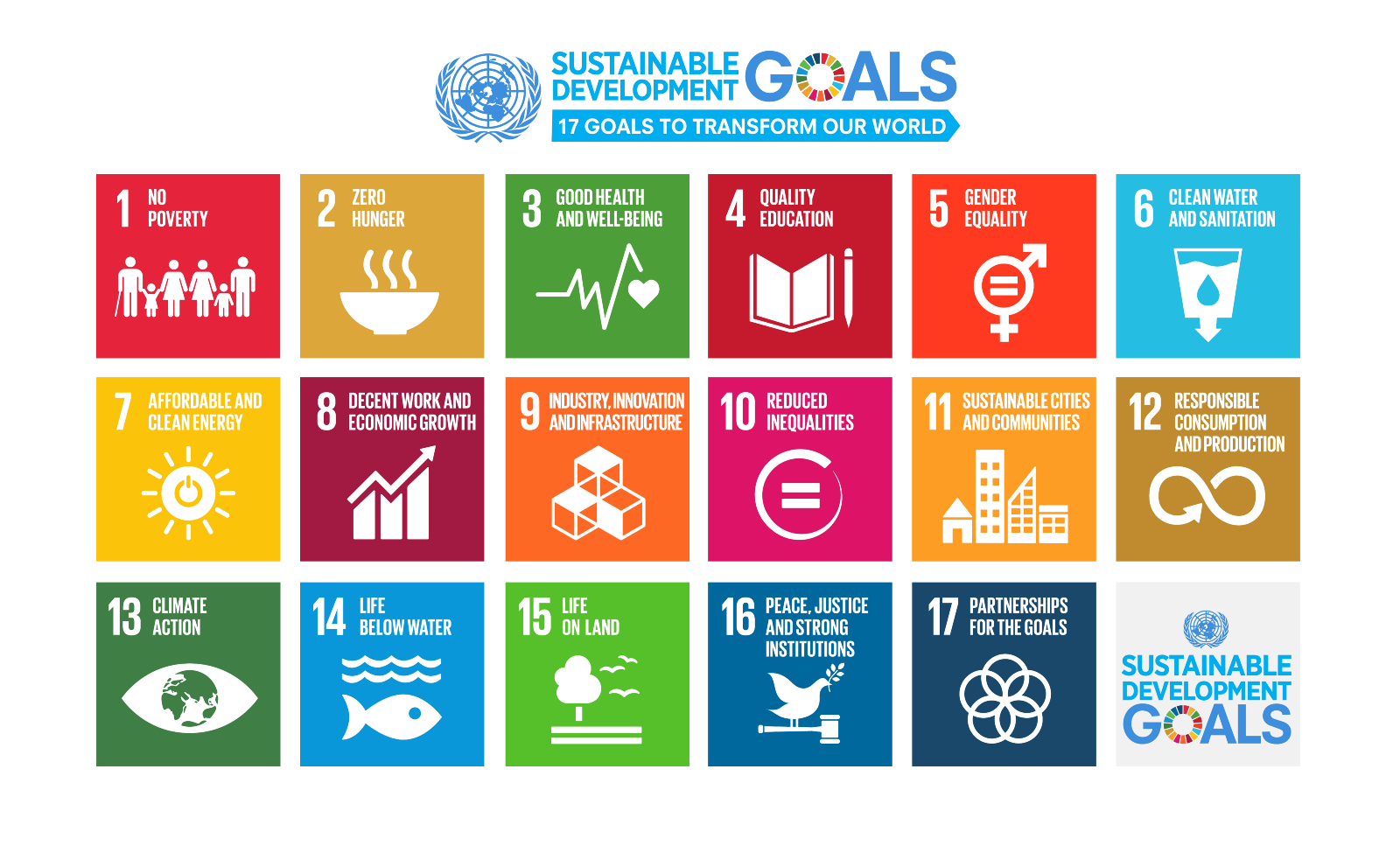Our statement on the recently launched Global University Impact Ranking
“On September 25th 2015, countries adopted a set of goals to end poverty, protect the planet and ensure prosperity for all as part of a new sustainable development agenda (building on the MDGs). Each goal has specific targets to be achieved over the next 15 years. For the goals to be reached, everyone needs to do their part: governments, the private sector, civil society and the general public.” – UN Sustainable Development Goals’ website
Vertigo Ventures’ statement on Times Higher Education’s University Impact Ranking
Dear Friends,
As you might have heard by now, Vertigo Ventures (VV) are working in an advisory capacity with Times Higher Education (THE) to develop a new global university impact ranking that aims to measure institutions’ success in delivering the United Nations’ Sustainable Development Goals (SDGs).
THE had originally planned to launch an impact ranking based primarily on universities’ economic impact – examining their interactions with business and their development of commercially exploitable ideas – but after consultation with VV and the wider sector, decided to expand the approach to cover a much wider definition of impact.
VV was founded to “embed impact reporting for a sustainable world”, so naturally, we are delighted to be part of this very exciting and much needed initiative of developing an Impact Ranking for universities. We hope this new ranking will be another fantastic opportunity to celebrate and showcase the excellent work universities undertake and the range of ways in which they contribute to local, national and global societies and economies. We also hope the new ranking is an opportunity to shine a light on institutional activities and efforts not covered in other rankings and to enable institutions that do not usually appear in the THE’s World University Rankings to feature. Our aim is to be as inclusive as possible and open this ranking to any higher education institution in the world, starting with the broadest participation criteria possible.
Having worked with our university clients globally over the last decade, we have seen how fast the impact agenda has grown, specifically with the rise of national research impact assessment frameworks, such as the REF in UK and EI in Australia. However, while some national systems do try to gather evidence on universities’ role in achieving the SDGs, the new ranking will be broader and the first global attempt at measuring a range of activities beyond just the established ranking parameters of research, teaching and reputation.
In January 2016, the 17 Sustainable Development Goals (SDGs) – which include providing inclusive and equitable quality education, achieving gender equality and fostering innovation – officially came into force. For each of the SDGs targets, the UN created indicators for each country to track and report their progress on yearly. This provided us with a useful starting point and framework to consider for the University Impact Ranking – the SDGs are globally recognized and approved by governments as being key for developing a sustainable world and future.
In the first iteration, universities will be allowed to report on self-selected SDGs, from THE’s list of the most relevant ones (11 of the 17 SDGs), so as to enable universities to report based on their local priorities. However, SDG goal 17 – Partnerships for the goals – will always be compulsory to report on. Data will be collected from universities to produce an overall ranking based on the best four or five SDGs per university. Individual rankings of the universities that are best achieving the 11 SDGs will also be published. Some specific metrics currently being explored under the selected SDGs include the number of graduates in health professions, the proportion of women in senior positions, and, policies and practices regarding employment security.
We recognize that data around contributions towards the SDGs may not be readily available to many universities and that coordination across each university may be required. The first iteration is not going to be perfect nor capture all the impact that is occurring. However, there is a pressing need to start whilst maintaining a balance to enable universities of all sizes to participate. In addition, with the aim being to also incorporate metrics for the remaining six SDGs in future rounds, we will inevitably see the impact ranking grow and evolve over the years. Drawing on our decade of experience supporting universities in embedding impact, we are keen to support THE in making this vision a reality and enable universities to further showcase the impact they are having and support progress towards achieving the SDGs.
– Laura Tucker, Founder and CEO of Vertigo Ventures

